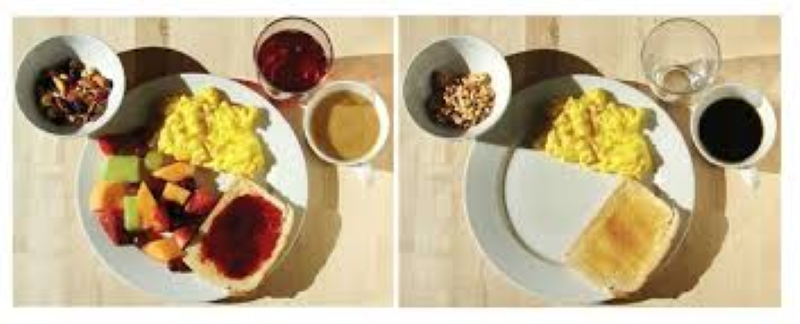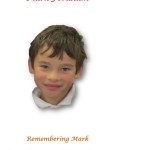Pollination – Visit from Áine from Seed Savers
Pollination – Visit from Áine from Seed Savers
On the 2nd of April we got a visit from Áine from a company called Seed Savers. When she arrived she told us what the company was and what its goal is. Seed Savers wants to protect native plants and pollinators and get people to stop using chemicals and leave a bit of grass in your garden to help bees polinate – as well as other pollinators including butterflies and keep our local plant species thriving.
Firstly, she showed us a powerpoint about all the different types of bees –which there are aound 100 species of! She showed us a really interesting picture of what are breakfast would look like like if we did not have pollinators in are world.
One thing Áine talked about a lot was bees and how they pollinate. The most popular type of bees are solitary bees with over 77 different kinds however the most useful bee is the bumblebee. She showed us a picture of the lifecycle of a queen bumblebee in the different seasons.
Next we watched two short videos about the importance of bees and a video about the “waggle dance” a dance that bees use to tell other members of the hive where there would be many polinationg flowers.
After that Áine took 6th class out for an oudoor workshop. First we used a compass to see which way North, South, East and West directions are facing. We learned about the high value and low value plants in our school grounds. Some high value polinators iclude – dasies, ash trees, clovers and buttercups. We found out there was only two low value plants that we identified one of which was the daffodile which I was surprised by as we learned it had no pollen in the flower what so ever!
When we came in we marked out the places on a map of the school where we could help the polinators, including what we could plant to attract pollinators. We discussed planting herbs such as thyme and lavender, hanging boxes in which solitary bees could nest in and growing nettles in fenced off areas where butterflies could pollinate.
At the end of the lesson Áine gave us flowers seeds to plant in our school grounds including poppies. Overall I thought Áine’s visit was very interesting and I learned about a lot of things that were literally right outside my doorstep.
Edel
6th Class


